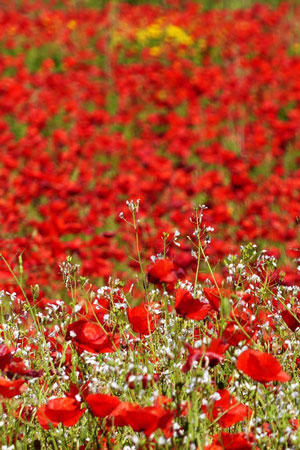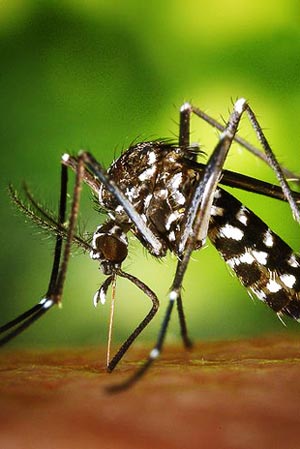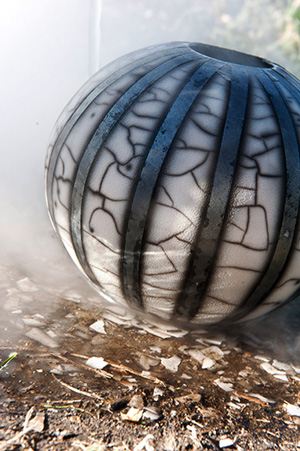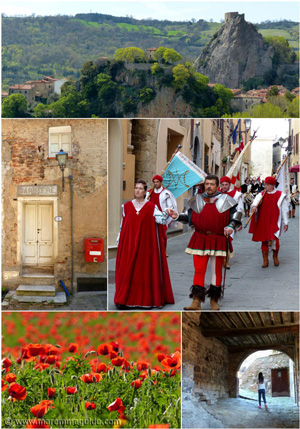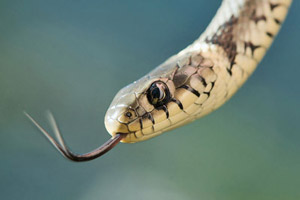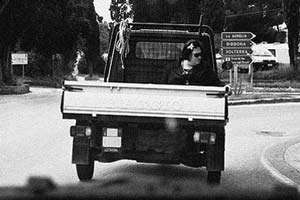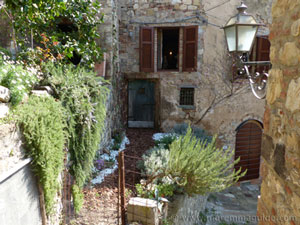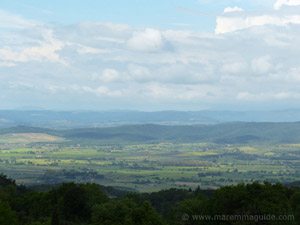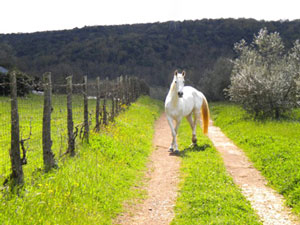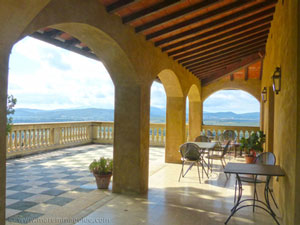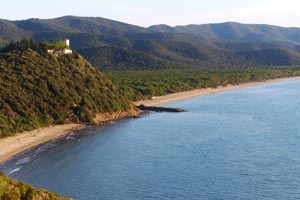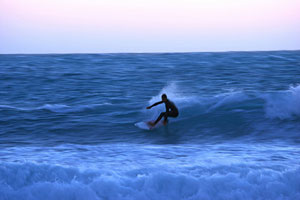Mosquitoes in Italy. Suck. Big time.
But they don't have to suck the lifeblood out of your holiday
Are there mosquitoes in Italy? Yes. And when they are around they are the bane of my life. After more than a decade and a half of dealing with them in Tuscany, this is my advice on how to avoid them ruining your holiday.
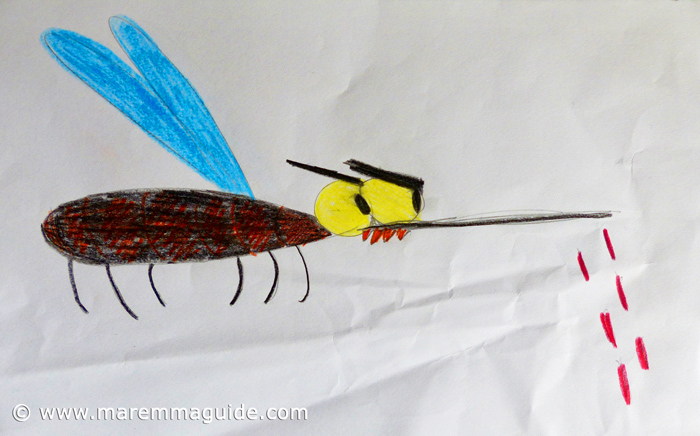
What to expect
Three enemies
You are going to be dealing with three enemies. Two natives and one infiltrator.
The natives.
The "humble" light brown, Common mosquito. Culex pipiens.
And his country cousin. The brown and slightly striped, Paddy mosquito. Ochlerotatus caspius.
The infiltrator.
The nasty, black and white striped, Tiger mosquito. Aedes albopictus.
Actually, there are around 70 different species of mosquito in Italy, but those three are the main culprits you will encounter.
What time of day do mosquitoes come out?
Forget the idea of only needing to cover-up or bother with repellent as dusk approaches.
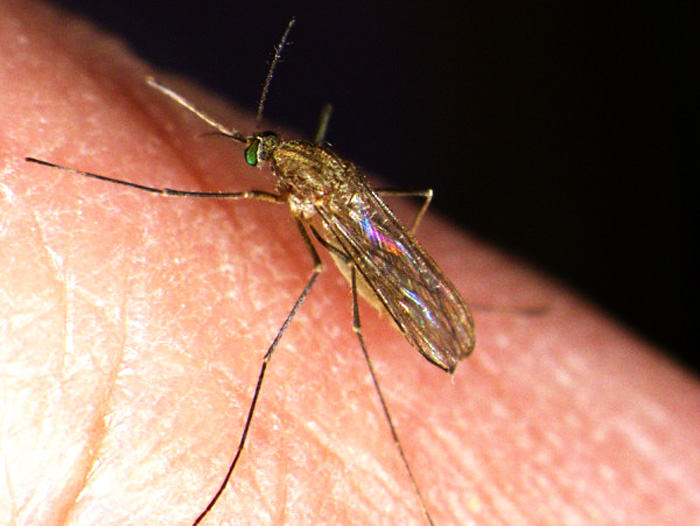 Culex pipiens by Fabrizio Montarsi.
Culex pipiens by Fabrizio Montarsi.
The least of your worries
The least of your worries is Culex pipiens who we have come to know best over the years. Who hunts close to home and isn't afraid of coming to look for you indoors.
A true city dweller.
You are likely to hear her annoying buzzing around you first thing in the morning and during the evening. Whether you are indoors or dining out.
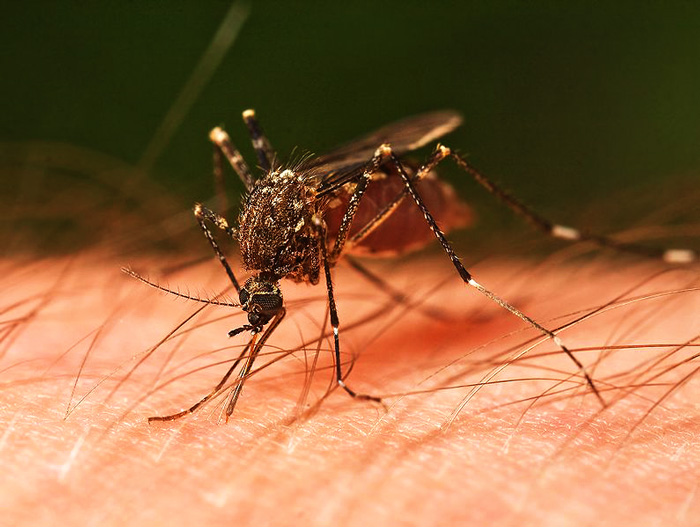 Ochlerotatus caspius by JJ Harrison.
Ochlerotatus caspius by JJ Harrison.
The party girl
The Paddy mosquito on the other hand and as her name suggests, is more of an outdoor type of gal, whose natural habitat around my part of Tuscany is Maremma's wetlands and marshes.
This gal has (unlike the other two) has the capacity to fly long distances - up to 20km - and likes a "night out with the girls". But not with just a few: the whole squad.
Which means if you spot one, you can be sure of your outdoor evening being ruined completely because she won't be alone. And you will be infested. But only from early evening (around 19:00) until late evening (around 23:00).
She may be a party animal, but she likes her sleep too!
And if you disturb her daytime slumber in shady vegetation, she'll pay you back with a bite.
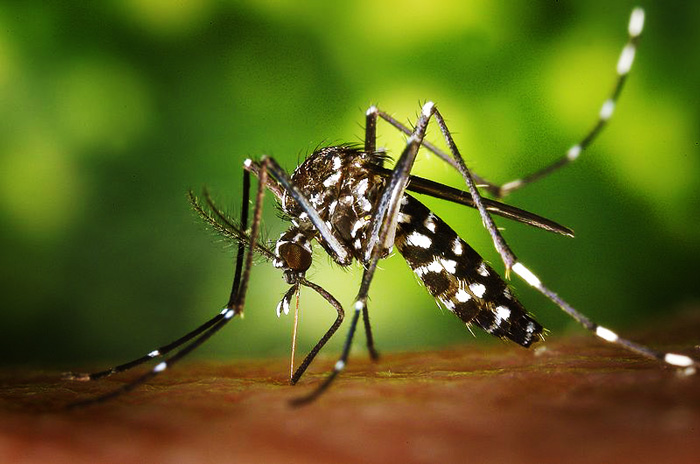
Your evil enemy
The Asian Tiger mosquito, however, is your evil enemy.
She has chosen deliberately to live as close to us as she can get. Laying her eggs in your villa's pretty window flower pots, the garden, and the rims of the house drains.
And she eats. Or, rather drinks. Anytime of the day. Come rain or fall. In fact, she starts her glutton in Italy with the first few full days of Spring warmth. Right up to the depths of the bitter cold of winter.
And, even then.
When you think you are safe.
It only takes a warm spell with some light rain and she will be out again.
How to say mosquito in Italian
How to say mosquito in Italian. Just one mosquito is a "zanzara". Plural is "zanzare".
The bane of my life in Tuscany: the Tiger mosquito
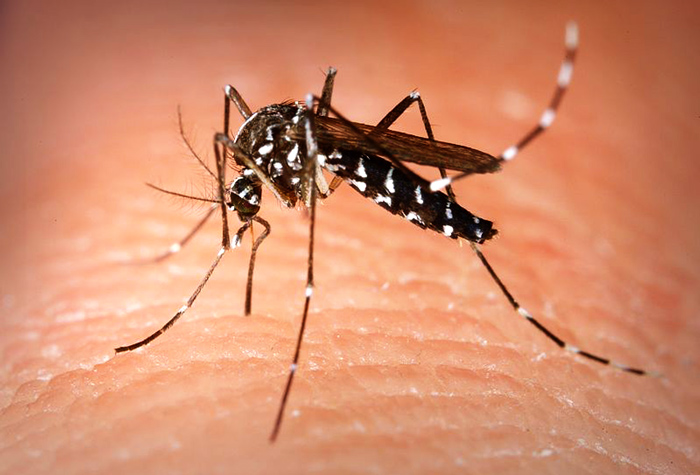
This black and white stripped mosquito - Aedes albopictus (also known as the Asian Tiger mosquito and the zebra mosquito) - doesn't have the decorum or manners of its Italian cousins.
As I have said, it eats unceremoniously. All day.
But also. Unlike its city or country cousin. It doesn't stop at one bite. It will if it can, pierce you repeatedly - with a persistence that can drive you crazy - until it can take no more. Blood.
Or. Rather. She will.
For it is only the female mosquito that drinks blood. She needs the protein to grow her eggs. For food, she sucks on nectar and other sweet plant juices, just as her male counterpart does.
How do you say tiger in Italian?
Tiger in Italian is, "tigre". And so a tiger mosquito is a, "Zanzara Tigre".
Sweet blood
The fact is, whether mosquito bites will leave you covered in red welts and ruin your holiday or not, depends on you. And not them.
To be precise, your blood and your body's reaction.
Mine hates their vampire advances with a vengeance.
It isn't that my local Italian family and friends don't get bitten. They do. But whenever we are together in a group and the mosquitoes seem to be specifically targeting me, rather than them, I have lost count of how many times I have been told that I must have "sweet blood". Or that, just as much as we do, the zanzare fancy a change to what is usually on the menu!
My Italian husband feels the bite at its start. Then, a couple of minutes later, there is nothing to show for it.
Our daughter has bites like mine, but they pass much more quickly.
Mine welt-up like marbles under my skin and last for up to 2 weeks. I even have a permanent sunken hole in the skin in one of my legs from a mosquito bite during my first year of living in Florence. My skin didn't heal well and never returned to normal.
One morning mug of tea's worth
Every year, when I return from a trip to the UK and sit outside on our kitchen steps my first morning back in Maremma with a mug of tea, I am quickly reminded that there is a reason that I normally don't do it.
And if I don't spot those girls at it, 20 minutes later I am left in no doubt. The itchy bumps tell the tale of the very places that their probosces pierced in.
And out.
And in again.
One mug of morning tea's worth of tiger mosquito bites looks like this!
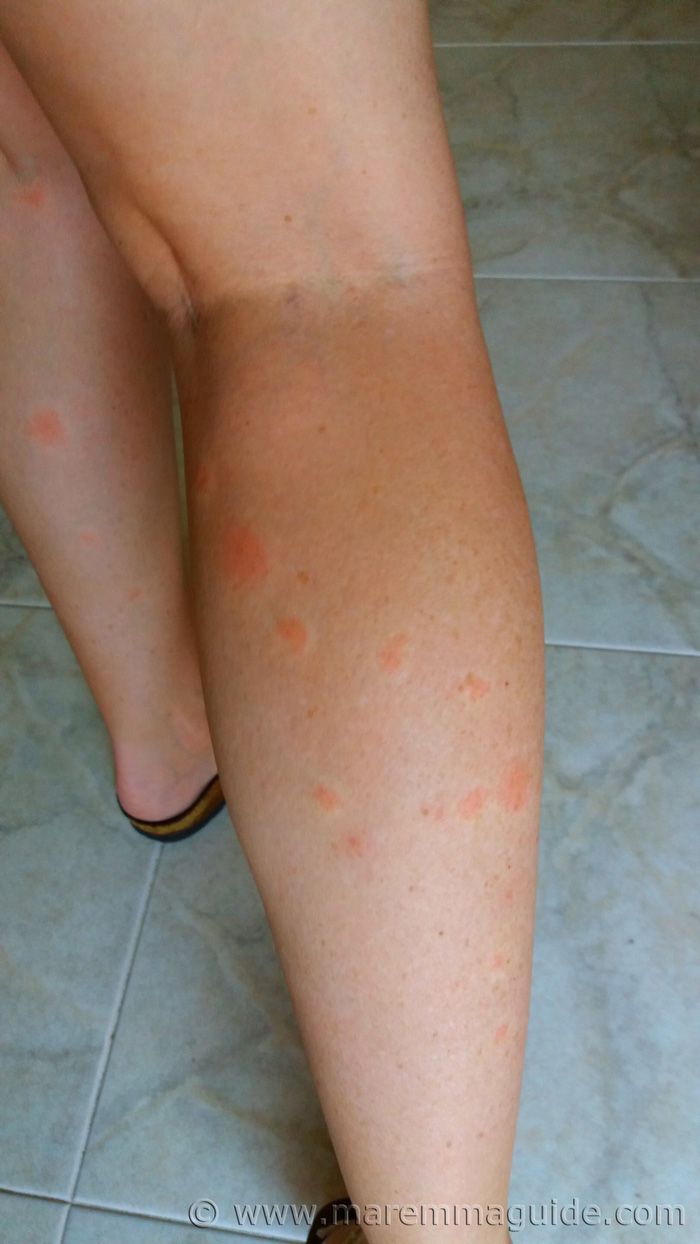 Tiger mosquito bites tend to be much more visible than those caused by the native species in Italy.
Tiger mosquito bites tend to be much more visible than those caused by the native species in Italy.
Not just a puncture
Did you know that every time a mosquito bites you, she is in fact puncturing your skin with 6 needles.
That's wrong. She doesn't simply puncture you. She saws into your skin.
And will suck a blood vessel dry until it nearly collapses. Empty.
You don't want to watch this!
Mosquito season in Italy
There are two things to know.
The first. The mosquito season in Italy generally starts from the first warm spring days until the first true biting cold days of winter. From March through to the end of November. Which usually kills the blighters off.
But. Over the last decade and more, the seasonal weather has changed in Italy as much as it has around the rest of the world. And the balmy days of late autumn can still be with us well into the end of December and through January.
Enjoyed as much by mosquitoes as us.
Even after a brief but biting cold spell, a day or two of sunshine with an overnight downpour will have them hatching hungry! It just takes a puddle.
Altitude
The other major general factor is altitude. It was for good reason that the generations past of my neighbours fled the coastal lowlands and wetlands of Maremma south of Pisa and north of Rome, to the inland hill towns and villages.
Roughly speaking, the higher you go, the less mosquitoes there are. At around 2,000 metres is a "mosquito line", above which they don't live.
Guaranteed no mosquitoes
The only time that you won't be bothered by mosquitoes is when, ironically, the last thing on your mind is baring your body to the elements. When it is the depths of winter, freezing cold, and you are wrapped-up in layer after layer of clothes!
Mosquitoes in Tuscany
January
At the beginning of the New Year there are still a few trying to get inside when the doors are open: it is "Capodanno" after all and they don't want to be left out of the celebrations. But by the end of the month they are gone.
February
A wet and windy month with cold winds that they don't like. But you are zipped-up in thick coats and scarfs anyway!
March
The first few hardy over winterer's start to bite and lay.
April
Blood-sucking season is officially open. You will need that repellent.
May
Just as the overnight rains and radiant sunny days makes the fields here in Tuscany an unbelievably vibrant lush green, it also provides the perfect breeding environment for mosquitoes. You WILL get bitten. Probably even with repellent.
June
In June, the bright green has been replaced by swathes of yellow sunflowers and golden grain and the mosquitoes are "fitto" - which in Italian means, thick. Enough said.
July
Things are well and truly hot this month but the mosquitoes are coping with the heat!
August
With the scorching heat of high season in Tuscany everyone is on the beach and dealing with sticky sunscreen and seeking out mid-day shade than thoughts of mosquito repellent. Everything is baked bone dry and, usually, the number of mosquitoes is lower. That, and keeping cool indoors (with mosquito nets closed!) during the hottest part of the day, will mean a lot less bites to cope with.
HOWEVER, the pine woods and Mediterranean macchia behind Maremma's beaches and dunes are prime mosquito territory. Crisp and dry underfoot the forest floor may feel, but it only takes a tiny reservoir of water - in left litter, for example - for them to breed. Take that repellent with you.
September
Mosquitoes LOVE September. What else can I say?!
October
Still around and eating quite happily, thank you.
The months of October are becoming increasingly warmer, with occasional much needed downpours of rain (and fantastic thunder storms!). Unfortunately, apart from the lightning which isn't a per-requisite! this makes for perfect breading conditions for the biters.
November
Declining in number, but you will still get bitten.
December
It is 3 days before Christmas. It's midnight. And I'm chasing a large mosquito around my bedroom ceiling when I should be asleep! Temperatures outside are freezing, at around -1 ℃.
Mosquitoes in Florence Italy?
Are there mosquitoes in Florence Italy? Yep! During my first few months of living there I learnt the hard way. We didn't have mosquito netting or screens on the windows of our apartment - my Italian husband never seemed to get bitten, or, if he did, react to the bites. Whereas my "stranieri" (foreigner) blood seemed to be a dinner they couldn't resist.
So we erected a mosquito canopy net over our bed. And I still got bitten. See below.
Mosquito season in Florence
Mosquito season in Florence is the same as I have described above. Just with less likelihood of being bitten by the Paddy mosquito.
Are there mosquitoes in Rome Italy?
Are there mosquitoes in Rome? Yes. And the story is the same as for the city of Florence.
As my grandmother would have said, prevention is better than cure
I know that this is going to sound patronising, but I don't mean it to be. But there are a few things that you can do - believe me, I have experienced the fall out for not doing them! - to make the chances of you being bitten so much lower.
And essential oils, eating garlic, Vitamin B tablets, or spoonfuls of Marmite aren't them!
Eating outside
If you have the option, eat outside during the day, rather than the evening. I know that that isn't what you had probably dreamed of doing - after all this Italy and the photographs show everyone dining on terraces with a night panorama - but it will reduce the possibility of you being bitten.
Leaving mostly just any Tiger mosquitoes that are hiding indoors for you to deal with.
Cover-up
When you are out and about exploring, especially if you are trekking through macchia or along woodland paths, take a mosquito proof shirt as a temporary cover-up until you are out in the open again.
As well as repellent.
Keep moving!
I'm not joking! Sometimes just keeping moving is the only way to stop them settling on you for a drink. They don't like it.
Not ideal I know for a relaxed meal out etc. But if you are sat on the beach watching a sunset when they arrive - see below - and you haven't packed repellent, other than taking a dip, taking a walk along the beach is the only thing to do.
Getting a good night's sleep
Nothing ruins a holiday than night after night of bad or no sleep. Either from the incessant buzzing sound of a mosquito around your eyes and mouth. The itching bites.
Or the hunt to kill.
Turning the light on and off trying to locate one. Just one. That has gotten into the room during the day. (My fault: I sometimes leave the terrace door open without the door blind in place to let in what little chance of a summer breeze there is.) Slipper or anything hard in hand, stood on the bed to reach the dark corner of the ceiling where she has decided to hide.
Knowing that if I don't kill her - and she always seems to know just when to take flight to avoid being hit - if you get back into bed, the ticker will start running for the 20 minutes or so before she lands on your face again.
After a night or two like that, just the anticipation of another repeat experience will stop you sleeping anyway!
Your accommodation
Always. Make sure. In advance. That your accommodation has the following. In order of effectiveness:
- mosquito nets/screens fitted to the windows and doors,
- mosquito nets over the beds.
The proverbial pain in the behind
Mosquito nets over the bed may make the bed look romantic, but in reality they are the proverbial pain in the bottom.
Pack some clothes pegs with you.
Don't ask. Trust me and I'll explain.
Although the nets come with cotton ties at intervals down their open sides, tying those up isn't enough. You will need to close up the entire length from the inside. Leaving not even the slightest gap. Or the mosquitoes WILL get in!
You'll soon learn the best manoeuvre to do it and it helps if there are two of you. One holds the net open, whilst the other climbs in. Then you peg it closed from the inside.
God only help you if a mosquito got in during the day! They do!
Because you will be sealed-up with it! I lost count of how many times we laughed and didn't - as we enacted what felt like a scene from Faulty Towers, trying to kill a single mosquito with our bare hands from inside our net. On an old and very bouncy mattress.
When we restored our apartment, we installed fixed mosquito blinds. And slept. Well. At last.
Be prepared for the worse if you happen to roll over in the night within proboscis reach of the holes in the net. This ugly result is what I woke to one morning in Florence. With a mosquito canopy in place. All pegged-up.
The best mosquito repellent
Buy some! But not just anything. Buy the best stuff. Most don't work.
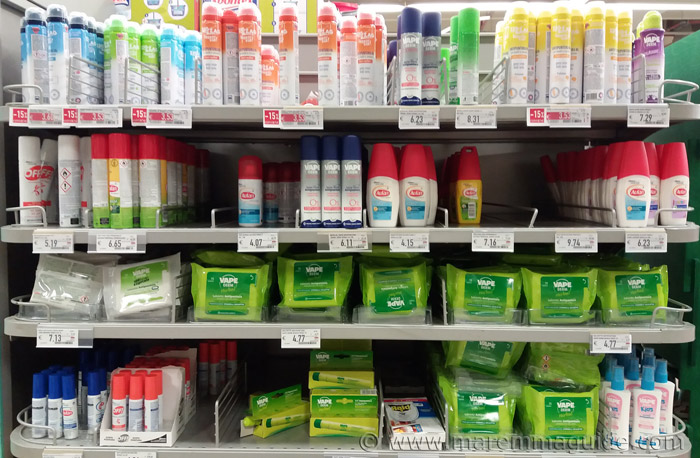
On me that is.
You don't need to pack any with you. Mosquito repellents in Italy - whole ranges - are easily accessible products. Either over the counter at a chemist of in supermarkets.
How to say mosquito repellent in Italian
Insect repellent in Italian is, "Insetto repellente".
In nearly a decade and a half of living in Tuscany, these are the things that I have tried that work for me.
First, the ones that don't:
- Citronella rings that you light and hang in the garden near your table or chair etc.
- The plug-in devices that emit an inaudible noise
- the wrist bands impregnated with essential oils and stuff
- lavender in my pocket
- garlic, eating it or carrying it or otherwise.
What works. But not infallibly.
- The Vape plug-ins for indoors. But you have to keep your room windows closed whilst it is on.
- the mosquito repellent wet wipes.
But, best of all.
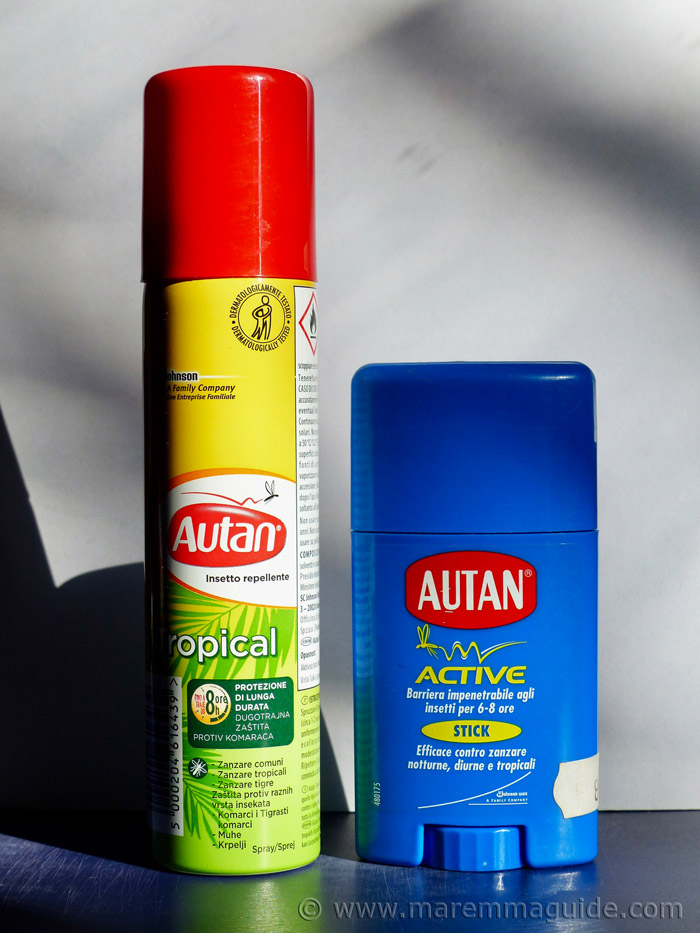
Is the repellent Autan.
In solid stick form.
It comes in sprays too, and a non-aerosol spray. But I always buy the solid stick. Because.
- It means I have better control of where I am putting it on my daughter or myself.
- I don't get to breathe it in.
- No rubbing-in is necessary (as is with the sprays). So I don't need to wash my hands afterwards as there is no product on them. Which makes them perfect for when I am out and about exploring and there isn't a sink with soap on hand.
- And so much safer for younger fingers to apply themselves too.
- And is pocket-sized and light, so easy to carry.
- It has a "perfume". But it doesn't stink.
They stink
Most of the other products do. A lot. You will smell like a chemical factory and that's all there is to it!
So bang goes any point in putting on that expensive perfume for your romantic dinner out on the terrace of a restaurant in Tuscany.
So, why the "not infallibly"?
Why did I say not infallibly? Well, because sometimes, after I have applied the repellent I seem to attract more mosquitoes buzzing around me than before I put it on!
As though I have put a sign on inviting them to a free dinner!
Go figure that one out! I can't! I just accept that more times than not, the repellent works.
Tropical: be aware
If you go straight for the "Tropical" products - including the Autan Tropical spray - that protect against the common mosquito and the tropical and Tiger ones to boot, you may not be able to stand it once you have put it on.
They are much stronger. Smell awful. They make me feel nauseous. The one time I applied some to my daughter she felt lightheaded and wanted to vomit.
My advice would be to start with the "family" range and see how you get on. And, as I said, opt for the solid stick.
MONEY SAVING TIP
The main supermarket chains in Italy stock a vast range of anti-mosquito products, enhancing their shelves with even more outdoor ones in the summer months. The typical prices of brand name repellents are significantly lower than you will find in local chemists.
Treatment for mosquito bites
First-up and hardest of all. But if the itching is getting to you, don't start with even a first scratch. It will end badly!
I have tried the after bite pin-pricker gadget too and that doesn't work on me.
Get yourself off to the nearest chemist for some antihistamine or 1% hydrocortisone cream.
Antihistamine tablets
If you know that you are likely to need some antihistamine tablets, bring some with you if you can. Whereas in the UK they are available in generic form in supermarkets and a 30 day pack would cost me a few pounds Sterling, here they are only available over the counter at a pharmacist's and cost a whole lot more.
Mosquitoes on the beach
And just you might think that you are safe by the sea, think again. Because these critters live in the "pineta" (pine woods) and macchia behind the dunes and beaches.
As the evening approaches - from anytime around 18:30 to 19:00 onwards, they will be on the beach too!
And if they don't get you on the sands themselves, they certainly will as you make your way back to your car.
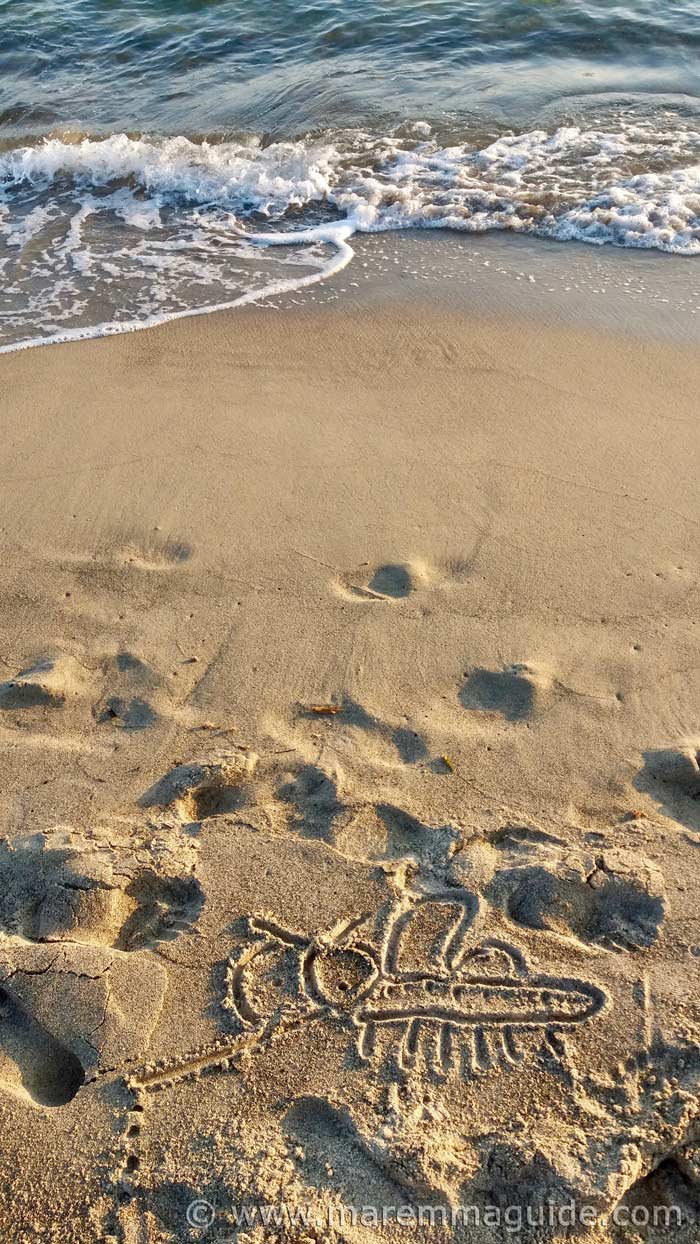
It even seems that they bite me through my jeans, but have yet to have the scientific evidence that this is possible! But they certainly have a right old go around my ankles !
When it's not a mosquito but a sand fly
If you leave the beach like my best friend did with bites all down her shins from a perfect circular ring line that matched where her Capri pants ended and her bare legs began, then that isn't a mosquito. You can't blame them.
It is the dreaded pernicious, hungry sand fly.
Explore some more...
